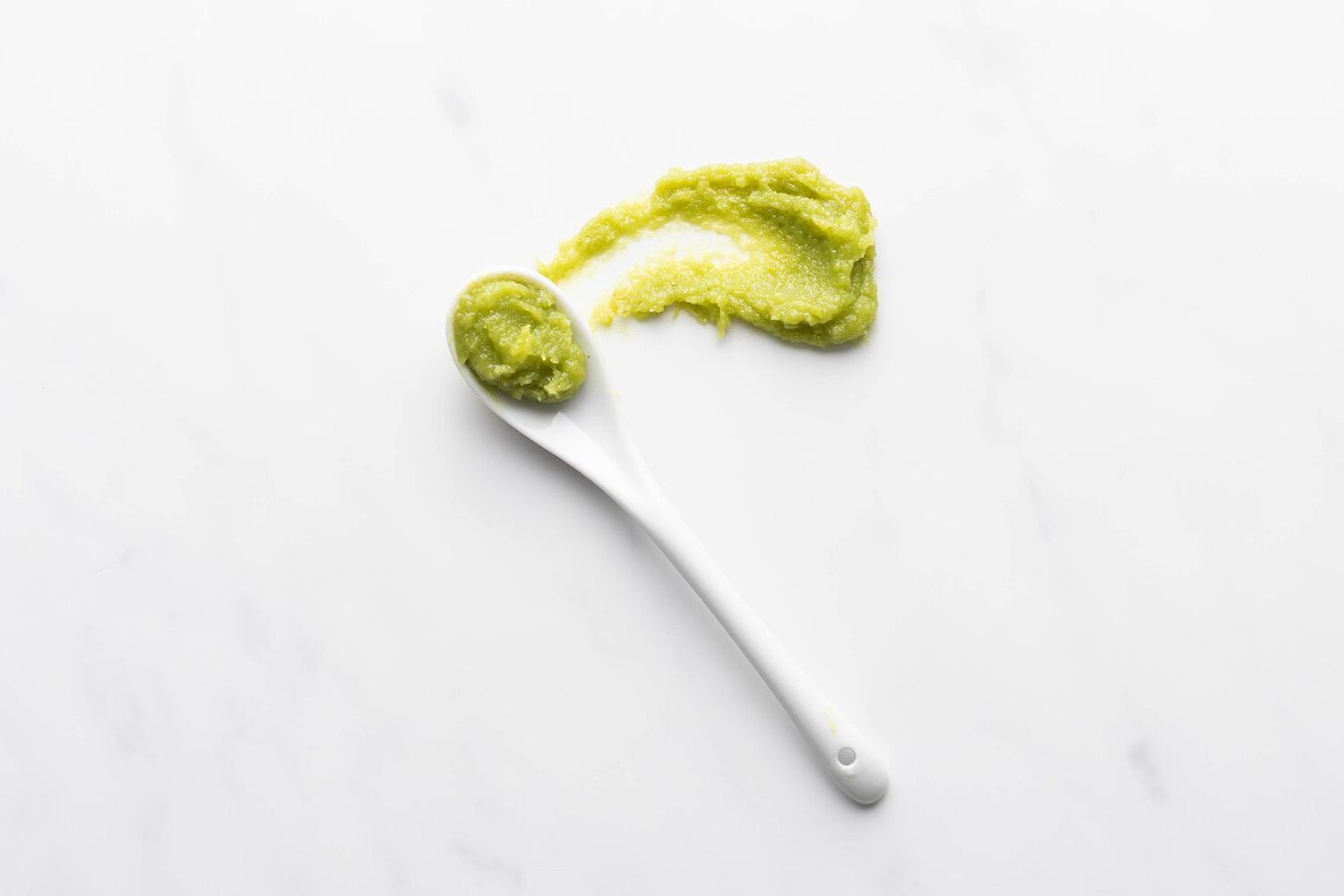
Ever wondered why wasabi packs such a punch? Or why it's always paired with sushi? Well, you're in for a treat! Wasabi, that green dollop of fiery goodness, isn't just about adding a kick to your meal; it's a powerhouse of health benefits waiting to be discovered. From its surprising origins to its impressive health perks, wasabi is more than meets the eye. Did you know wasabi can boost your heart health and even fight off bacteria? Yes, you read that right! In this engaging read, we'll unveil 20 health facts about wasabi that will make you see this spicy condiment in a whole new light. So, grab your sushi roll, and let's dive into the spicy world of wasabi – where every bit is as beneficial as it is bold!
Key Takeaways:
- Wasabi isn't just a spicy sushi sidekick; it's a health powerhouse! From fighting bacteria to aiding digestion, this green paste packs a punch of benefits.
- Don't be fooled by imitations! True wasabi is rare and valuable, offering unique flavors and health perks. So, spice up your life with the real deal!
What Is Wasabi?
Wasabi, often seen accompanying sushi, is a green paste with a fiery kick. Originating from Japan, this plant belongs to the Brassicaceae family, which also includes mustard, horseradish, and cabbage. Unlike common misconceptions, most wasabi served outside Japan is actually horseradish dyed green, as true wasabi is rare and more expensive.
Health Benefits of Wasabi
Wasabi isn't just a spicy addition to your sushi; it's packed with health benefits.
-
Natural Antimicrobial Properties: Wasabi contains compounds that can kill harmful bacteria, including those found in raw fish, making it a perfect sushi companion.
-
Anti-Inflammatory Effects: The isothiocyanates in wasabi help reduce inflammation, potentially benefiting conditions like arthritis and heart disease.
-
Detoxification Support: Wasabi assists in detoxifying the liver, thanks to its glucosinolates that help eliminate toxins from the body.
-
Cancer Prevention: Research suggests that wasabi's compounds may inhibit the growth of certain cancer cells, including stomach and breast cancer.
Nutritional Highlights of Wasabi
Wasabi is more than just a spicy condiment; it's a nutritional powerhouse.
-
Low in Calories: A small amount of wasabi provides flavor without adding significant calories, making it an excellent choice for weight management.
-
Rich in Fiber: It aids in digestion and promotes a healthy gut.
-
Vitamins and Minerals: Wasabi contains vitamin C, calcium, and potassium, contributing to overall health and well-being.
How to Incorporate Wasabi into Your Diet
Incorporating wasabi into your diet can be both fun and beneficial for your health.
-
Sushi and Sashimi: The classic way to enjoy wasabi, adding a small amount to your sushi or sashimi enhances flavor and offers health benefits.
-
Salad Dressings: Mix wasabi with soy sauce and sesame oil for a spicy salad dressing.
-
Marinades: Add wasabi to marinades for meat or fish to give dishes a unique kick.
Common Misconceptions About Wasabi
Despite its popularity, there are several misconceptions about wasabi.
-
Wasabi and Horseradish Are the Same: While they share similarities, true wasabi and horseradish come from different plants. Wasabi is more delicate and complex in flavor.
-
Wasabi is Extremely Spicy: Its heat is different from chili peppers; it's more of a short-lived, intense sensation rather than a lingering burn.
Safety and Side Effects
While wasabi is generally safe for most people, there are a few considerations to keep in mind.
-
Allergies: Some individuals may be allergic to wasabi or its components.
-
Overconsumption: Eating too much wasabi can lead to discomfort, including an upset stomach or an intense burning sensation.
-
Quality Matters: Opt for high-quality wasabi products to avoid additives and dyes that can be found in cheaper alternatives.
Wasabi Beyond the Sushi Bar
Wasabi's unique flavor and health benefits make it a versatile ingredient beyond traditional Japanese cuisine.
-
Snacks: Wasabi peas are a popular snack, offering a crunchy, spicy treat.
-
Beverages: Some adventurous mixologists incorporate wasabi into cocktails for an unexpected twist.
-
Desserts: Believe it or not, wasabi can be used in small amounts to create intriguing desserts like wasabi ice cream.
The Future of Wasabi
-
Sustainability: With increasing demand, efforts are being made to cultivate wasabi sustainably, ensuring its availability for future generations.
-
Innovative Uses: As culinary boundaries expand, wasabi is finding its way into more diverse dishes and products, showcasing its versatility and appeal beyond traditional uses.
A Final Scoop on Wasabi's Health Perks
Wasabi isn't just a spicy kick for your sushi; it's packed with health benefits that are too good to ignore. From its natural antibacterial properties that keep food safe to its potential in fighting off certain cancers, wasabi is a small but mighty ally in your diet. It boosts heart health, reduces inflammation, and even helps in detoxifying the body. Remember, while enjoying wasabi, moderation is key to avoid any potential downsides. So next time you're about to enjoy some sushi, don't skip the wasabi. It's not only about the zing it adds to your meal but also about the positive impact it can have on your health. Let's give this green powerhouse the attention it deserves and make the most of its spicy benefits.
Frequently Asked Questions
Was this page helpful?
Our commitment to delivering trustworthy and engaging content is at the heart of what we do. Each fact on our site is contributed by real users like you, bringing a wealth of diverse insights and information. To ensure the highest standards of accuracy and reliability, our dedicated editors meticulously review each submission. This process guarantees that the facts we share are not only fascinating but also credible. Trust in our commitment to quality and authenticity as you explore and learn with us.


